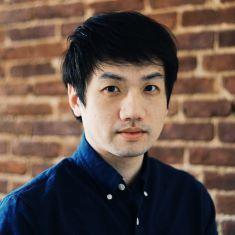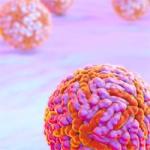
Research Topics
We are actively recruiting highly motivated postdoctoral researchers to join our team. If you’re passionate about RNA biology, ribosome quality control, or related areas, please email Colin Wu (colin.wu2@nih.gov).
Our laboratory is broadly interested in translational regulation during cellular stress, especially by the ribosome, ribosome-associated factors, and RNA binding proteins. We employ an integrated approach, combing mass spectrometry, CRISPR screens, high-throughput chemical probing, ribosome profiling, biochemical techniques, and computational tools to identify and characterize novel factors involved in stress sensing and fine-tuning the translational output.
Protein synthesis is essential in all cells. As such, a continuous flow of ribosomes needs to be maintained to support a healthy proteome. Ribosome stalling occurs under a variety of cellular stress conditions, including nutrient deprivation, hypoxia, and oxidative stress. We recently discovered that ribosome stalling triggers 40S subunit decay through a highly choreographed ribosome quality control pathway (Coria, Shah et al., Mol Cell 2025).
If a stalled ribosome cannot be resolved before a trailing ribosome catches up, ribosome collisions occur. We previously identified that colliding ribosomes serve as a platform that recruits collision-sensing factors and triggers two inter-related but distinct signaling pathways– the ribotoxic stress response and the integrated stress response– to regulate cell fate decisions (Wu et al., Cell 2020). We are actively investigating the molecular mechanisms of this process and its potential implications in normal cell physiology during development (Thalalla Gamage, Khoogar et al., Sci Adv 2025) and in disease-related settings such as cancer.
Additionally, we’re also pursuing how local translation influences cellular stress responses.
Biography
Dr. Wu received his bachelor’s degree from Chiao Tung University in Taiwan, and then his doctoral degree from the Institute of Molecular Biology at Academia Sinica. He undertook his postdoctoral training at Johns Hopkins University, where he became fascinated with RNA biology and the ribosome. During this time, he investigated the molecular mechanisms of translational regulation by the ribosome and became interested in post-transcriptional regulation of gene expression and ribosome homeostasis. He joined the RNA Biology Laboratory at NCI-Frederick as an NIH Stadtman tenure-track investigator in the fall of 2020 to establish the Translational Control of Gene Expression Section.
Related Scientific Focus Areas



Molecular Biology and Biochemistry
View additional Principal Investigators in Molecular Biology and Biochemistry


This page was last updated on Monday, August 11, 2025